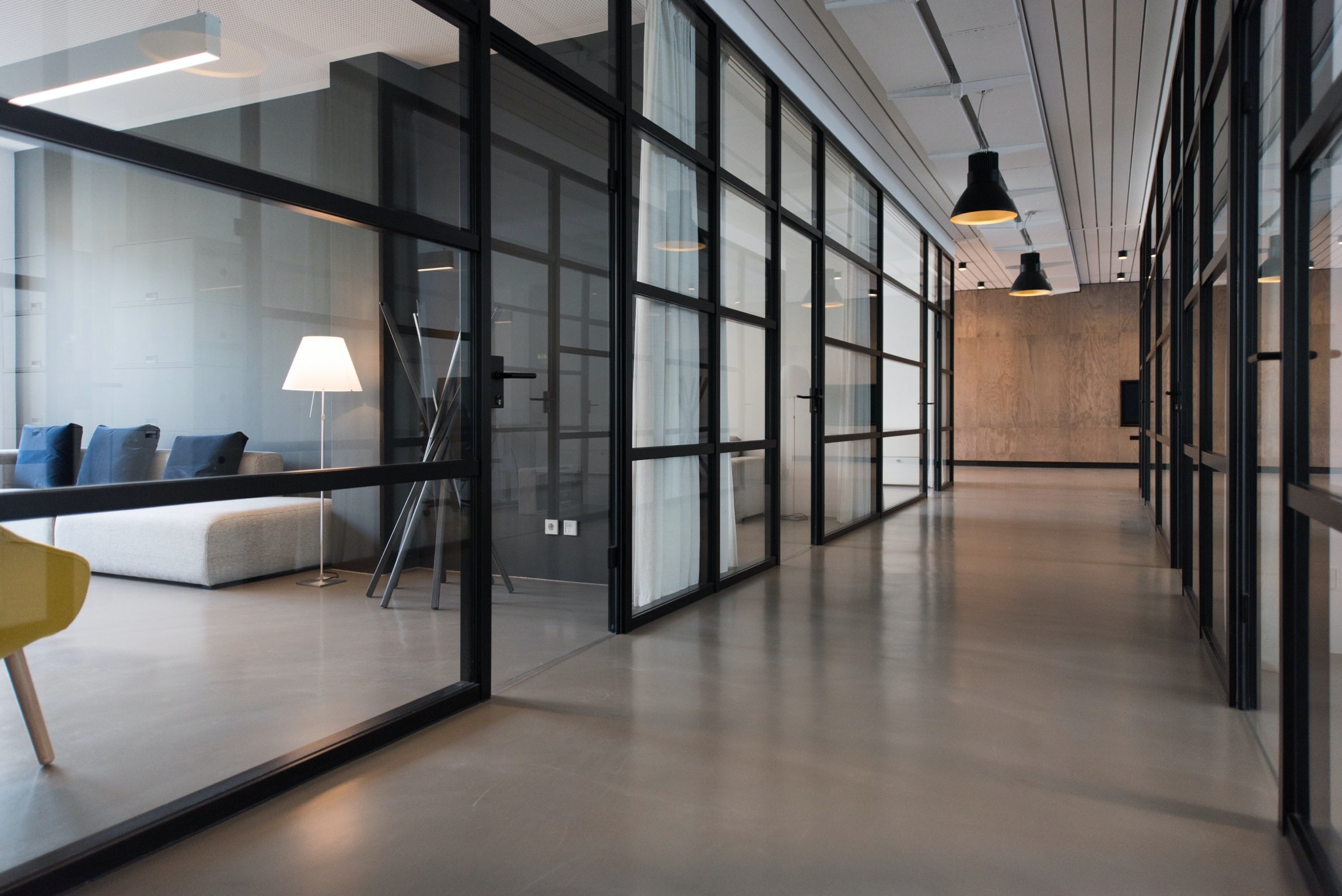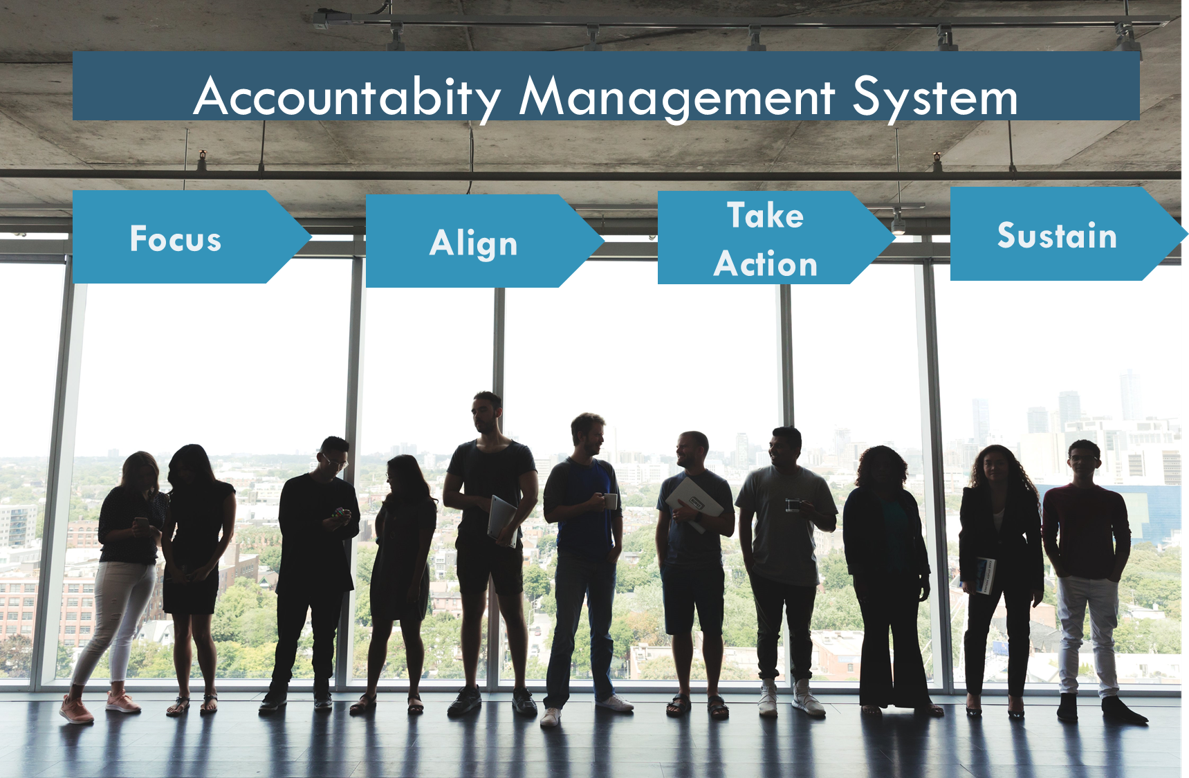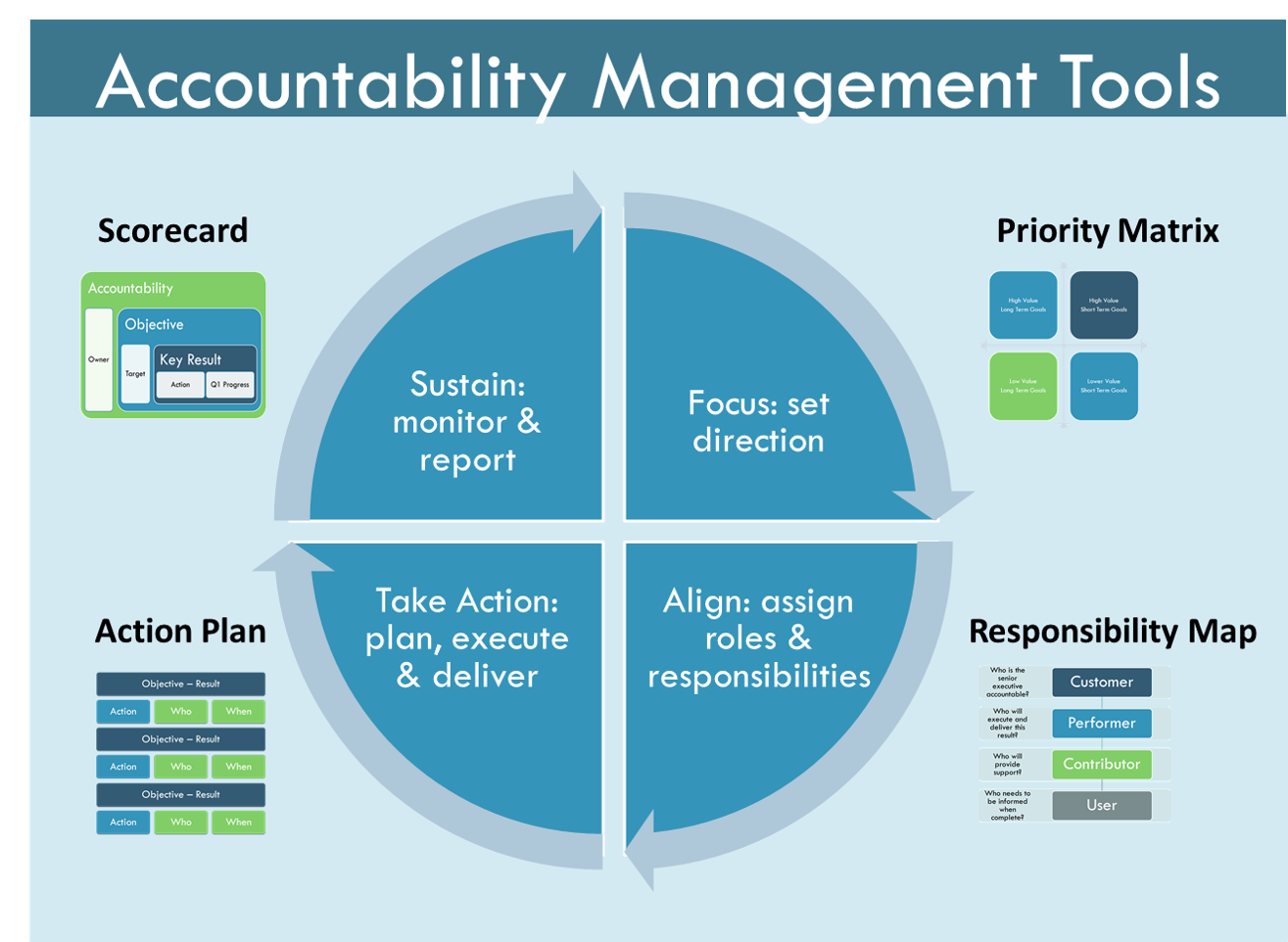While none of us know what the Future of Work will look like, we can safely assume that remote work will continue to be an important part of the workplace in the future. Organizations have quickly adopted many technologies that enable virtual meetings and collaboration, but they are still trying to figure out what the future workplace looks like and how they will lead people and manage results in a remote work environment.
A review of current best practices (and decades of experience) has shown me that it is increasingly important for organizations to:
– Enhance the way they communicate, collaborate and support people. Managers need to be more deliberate in creating connections and facilitating collaboration.
– Evaluate performance based on results – not time, attendance, or effort. Managers need to manage people differently when they are working remotely – setting clear and measurable expectations and holding people accountable.
– Design workplace to be flexible and cultivate collaboration and creativity – Managers need to bring people together for integrated collaboration and workplaces need to support flexible schedules and location choices.

Flexible Workplace Design
- Provide shared work environments for collaboration, creative activities and connecting with others;
- Give individuals choice to work either in an office or in a work-at-home option; and
- Enable work through common technology platforms for communicating, managing workflows and sharing information.
Results Based Performance
- Focus staff on common goals, create transparent decision-making and communicate priorities;
- Align objectives and results of individuals and teams to the strategic goals and common purpose ensuring accountability for key results; and
- Evaluate performance based on clear objectives and measurable results that are tracked in regular reporting forums.

Ways to Connect & Support
- Connect with people to plan and report on work activities to entrench a common understanding and shared identity;
- Organize events with people to build and maintain social connections; and
- Support staff with consistent messaging from leaders who lead by example, listen to feedback and adapt to meet individual needs.
To help organizations envision and plan for their Future of Work, I have developed a self assessment tool – The “Future of Work Assessment” which will: propose a desired future end-state – based on a framework that represents the emerging characteristics of successful remote work environments; gauge your current state – i.e. where you are on a continuum between “old work norms” and the “future of work” ; and identify areas of focus as you redesign your physical workplace, restructure your management practices, and identify how your culture may need to evolve. Reviewing and ranking where your organization is with this self assessment can help you start the conversation about the Future of Work in your company.
You can try out Part 1 of this three part self- assessment here: https://bit.ly/FOWPart1








